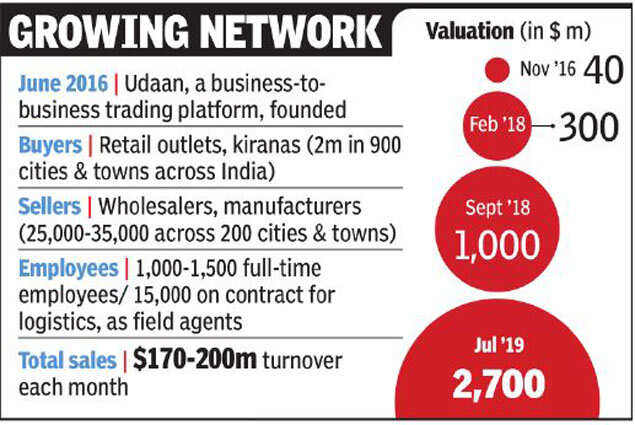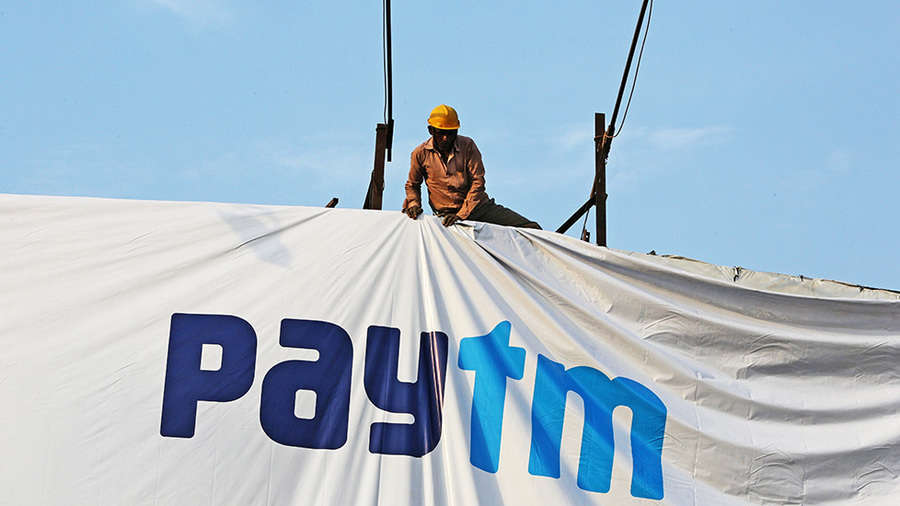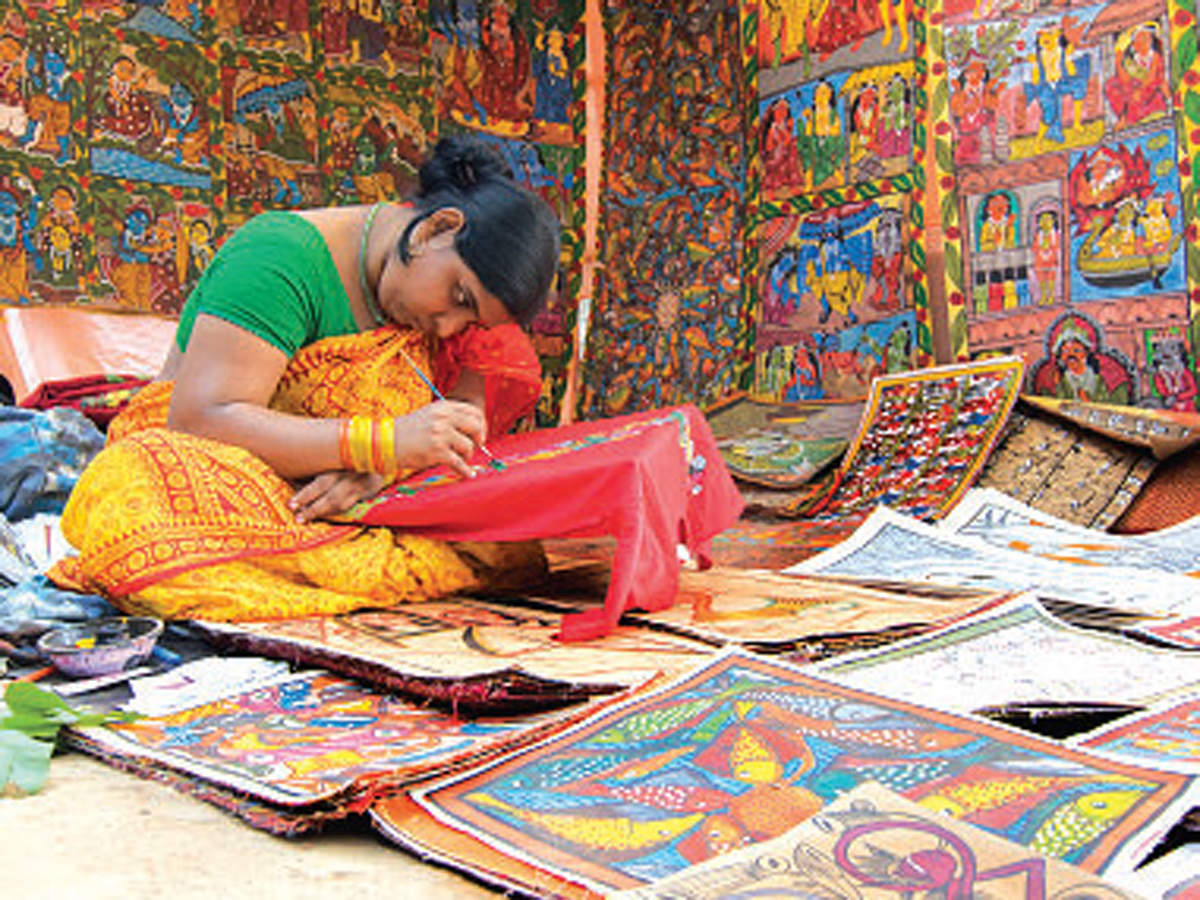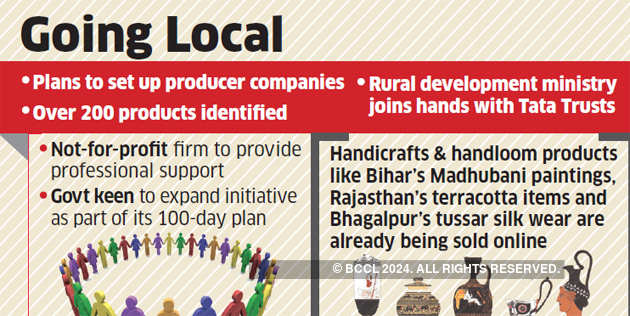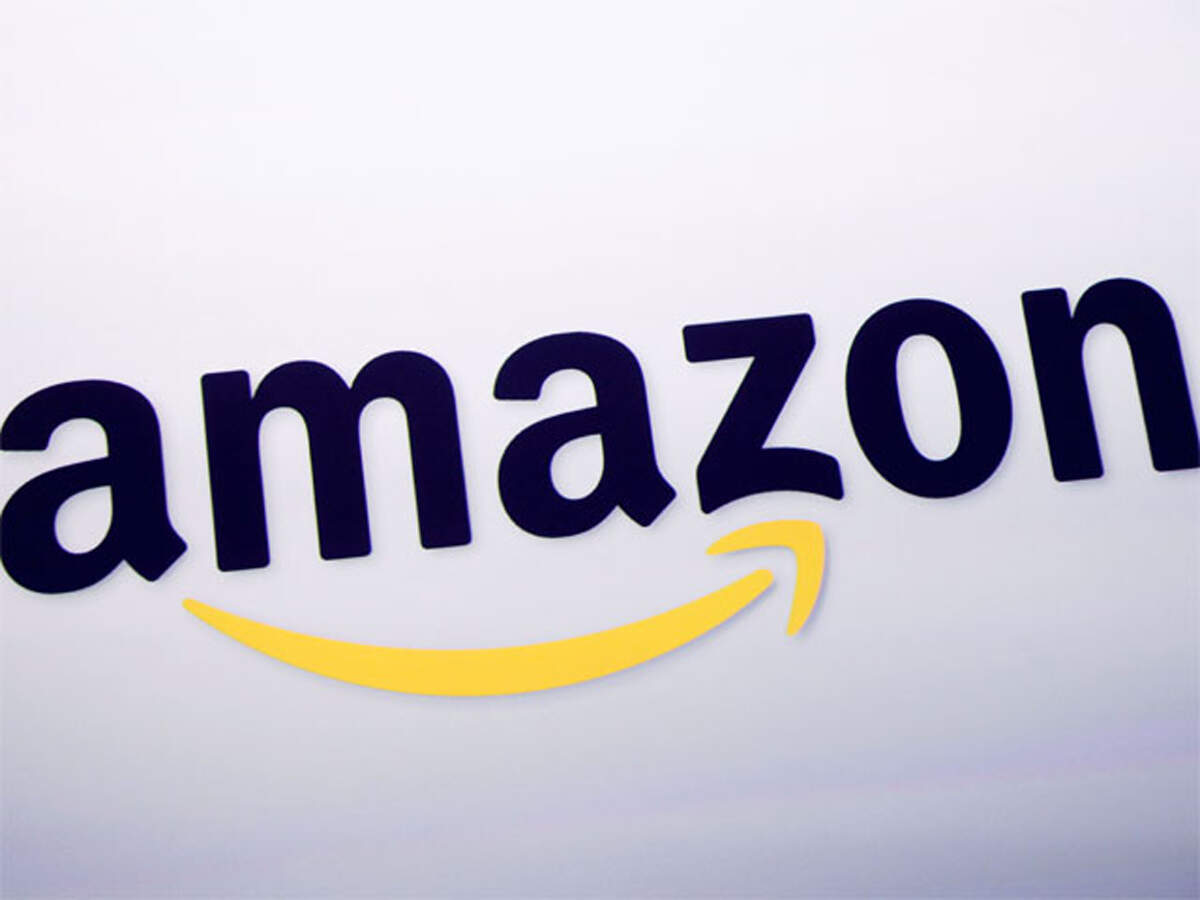
"The seller base has crossed the five-lakh mark," Amazon India Vice President (Seller Services) Gopal Pillai said, while attributing
the rise in seller base to various India-first innovations, which encouraged sellers' participation, especially from tier-II, and -III.
He was speaking on the sidelines of an event to launch products by Ludhiana-based Trident Limited on Amazon's global marketplace as a part of Amazon's Global Selling Programme (AGSP).
"We hope it inspires thousands of other manufacturers and brand owners across Punjab to come and take advantage of this platform," he said.
Amazon is providing transparent and level playing field to all the producers and giving them opportunity to showcase their products across the globe, Trident Group Chairman Rajinder Gupta said.
"More than 80 per cent of the global sellers are coming from tier-II and -III cities, particularly from manufacturing zones like Surat, Ludhiana and Lucknow. We are also seeing lot of B2B manufacturers coming into B2C and succeeding," Pillai said.
Punjab Education Minister Vijay Inder Singla said the state's famous Phulkari and handicraft items should also be marketed on e-commerce portals.
He said that e-commerce portals are lucrative platforms for Indian sellers to engage with global audiences.
"They have huge sales potential and entail minimal marketing cost. In order to promote the sales of local handicrafts, they should also be showcased on such platforms," he said.
The minister said he will raise the issue with the chief minister. "This would promote exports and help the small-scale industry in Punjab to grow," he said.
Pillai said through AGSP, Indian exporters can showcase their product range "on our 12 international marketplaces, and can also embark on a successful and profitable e-commerce journey that adds global scale to their businesses and expands market reach."
"Through this programme, we want to bring more and more Indian brands and MSMEs on board to unleash the potential of 'Make in India' initiative, by enabling e-commerce exports and providing global customer access," he said.
Clocking USD 1 billion dollar in cumulative exports till now, AGSP is expected to generate USD 5 billion in cumulative export sales by 2023 for Indian exporters enrolled in this programme, he said.
 NEW DELHI: The
NEW DELHI: The  NEW DELHI: India’s
NEW DELHI: India’s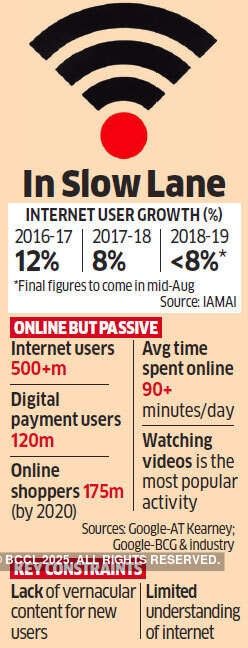

 BENGALURU:
BENGALURU: